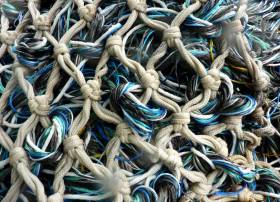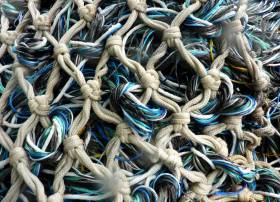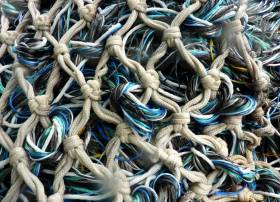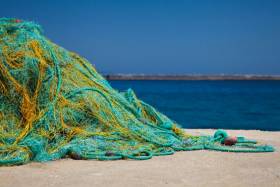Displaying items by tag: Undocumented
#Fishing - Migrant fishermen’s allegations of continued exploitation within the Irish fishing industry have been supported new figures that claim more than a fifth of the fleet employed undocumented workers last year.
That’s according to Fora, which cites figures from the latest annual report of the Workplace Relations Commission — indicating 28 cases out of 126 inspections where its officials found non-EEA employees without valid work permits.
The same report also notes a further 59 employments rights breaches on Irish trawlers in 2016.
This latest news comes just weeks after Labour Senator Ged Nash told the Seanad that new rules introduced to regularise migrant workers in the Irish fishing industry are not working – with many fishermen allegedly putting in more than double the hours for which they are guaranteed the minimum wage.
The scheme was introduced in the wake of the Guardian investigation into alleged widespread exploitation of migrant labour — but just 182 of the available 500 permits had been issued as of mid February this year, with five more issued by the end of March.
Meanwhile, two prosecutions have gone forward since the scheme was introduced in February 2016, but in both cases the defendants were cleared of wrongdoing.
Fora has much more on the story HERE.
Migrant Fishermen Claim Continued Abuse On Irish Trawlers, Says Senator
#Fishing - Rules introduced to regularise migrant workers in the Irish fishing industry are not working, according to a Labour senator.
Addressing the Seanad last Wednesday (8 February), Senator Ged Nash called on the Government to replace the scheme launched in February 2016, following revelations in the Guardian newspaper of alleged widespread exploitation of migrant workers across the Irish fishing fleet.
The Guardian reports that just 182 of 500 one-year permits have been issued, according to Department of Justice figures.
Meanwhile, Senator Nash said migrant fishermen from Africa and Asia continue to allege “alarming” abuses over pay and working hours — claims supported by the Migrant Rights Centre Ireland and Nasc Ireland.
Last October, a number of fishing harbours were raided by gardaí and State agencies in a sting operation focused on undocumented workers — though no evidence of exploitation was found.
The Guardian has more on the story HERE.
Cork Trawler Owners Charged Over Undocumented Crew
#Fishing - Two Cork fishing trawler owners have been charged with offences relating to trafficking and illegal employment of a Filipino fisherman, according to the Guardian.
Leonard Hyde and Pat O’Mahony, co-owners of the Labardie Fisher, are accused of knowingly facilitating Demi Omol’s entry into Ireland without proper documentation earlier this year, and of employing him without a work permit.
The news comes a week after Revenue and other State agencies launched a sting operation over undocumented workers at fishery ports in Dublin, West Cork and Louth.
Fishing Ports Raided In Undocumented Worker Sting
#Fishing - Fishing ports in Howth and Castletownbere were raided by gardaí and State agencies yesterday (Wednesday 5 October) in a sting operation focused on undocumented workers, as The Irish Times reports.
The raids come after revelations last November in the Guardian newspaper alleging exploitation of migrant workers in the Irish fishing industry.
In the wake of that story, then Marine Minister Simon Coveney announced a cap on work permits in the fishing industry to 500 across the fleet, a scheme that was launched this past February but has seen few applicants.
Raids have also been reported in Co Louth as part of an ongoing investigation into illegal practices within the industry, which is estimated to employ around 1,000 foreign workers.
That’s according to the International Transport Workers Federation, which says it has sent inspectors to ports around the country since January to gather evidence.
The Irish Times has much more on the story HERE.
































































